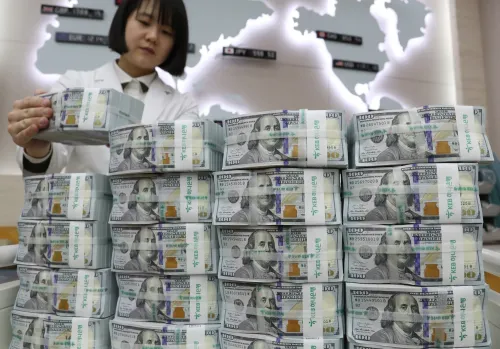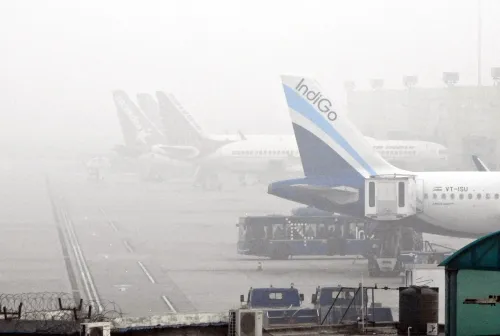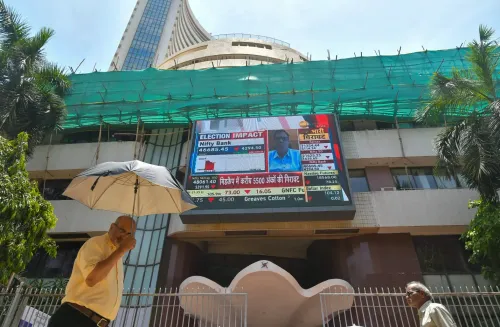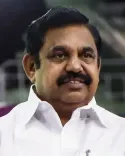Is India’s Toy Industry Really Making Waves by Exporting to 153 Nations?

Synopsis
Key Takeaways
- India's toy industry has transformed into a global exporter.
- The government plans a new scheme to enhance the sector's competitiveness.
- Quality standards like QCO are crucial for meeting international benchmarks.
- India's large domestic market supports manufacturing scalability.
- Startup support through Mudra Yojana is vital for innovation.
New Delhi, July 4 (NationPress) The toy industry in India, which once relied heavily on imports, has made a remarkable turnaround by focusing on domestic manufacturing and exporting to 153 countries, as stated by Union Commerce Minister Piyush Goyal on Friday.
Speaking at the 16th ‘Toy Biz International B2B Expo 2025’, the minister emphasized this significant transformation.
This progress, he noted, has been made possible through ongoing policy support, the implementation of quality standards, and the bolstering of local manufacturing clusters.
The introduction of the Quality Control Order (QCO) has played a crucial role in establishing India as a quality-conscious nation, enabling local toy manufacturers to meet international benchmarks.
Goyal highlighted that with a population of 1.4 billion, India possesses a vast captive market, presenting a natural advantage for scaling up manufacturing.
This scale allows the industry to attain cost efficiency and enhance global competitiveness. He stated that the large domestic market not only facilitates expansion but also serves as a foundation for international growth.
The minister announced that the government is set to launch a new promotional scheme for the toy sector, aimed at helping Indian toy manufacturers achieve world-class status by improving design capabilities, ensuring quality production, enhancing packaging, and promoting brand development.
To effectively penetrate the global market, Goyal stressed the importance of focusing on strong branding, appealing packaging, and innovative product design. He asserted that by prioritizing these three elements, Indian toys can gain a more substantial appeal in international markets.
The growth trajectory of the toy industry, Goyal pointed out, mirrors the broader developmental journey of the country. He recalled that when Prime Minister Narendra Modi initiated the ‘Vocal for Local’ campaign, it faced skepticism as foreign products were preferred. However, through the vision of Atmanirbhar Bharat and the belief that local can compete globally, awareness and support for indigenous industries have significantly increased.
He mentioned that startups focusing on innovative toy concepts have received considerable assistance through the Pradhan Mantri Mudra Yojana, which has now been extended to 20 years, providing access to collateral-free loans for small enterprises. Additionally, to encourage domestic production, 18 toy clusters across the country have been supported by the Ministry of MSME.








